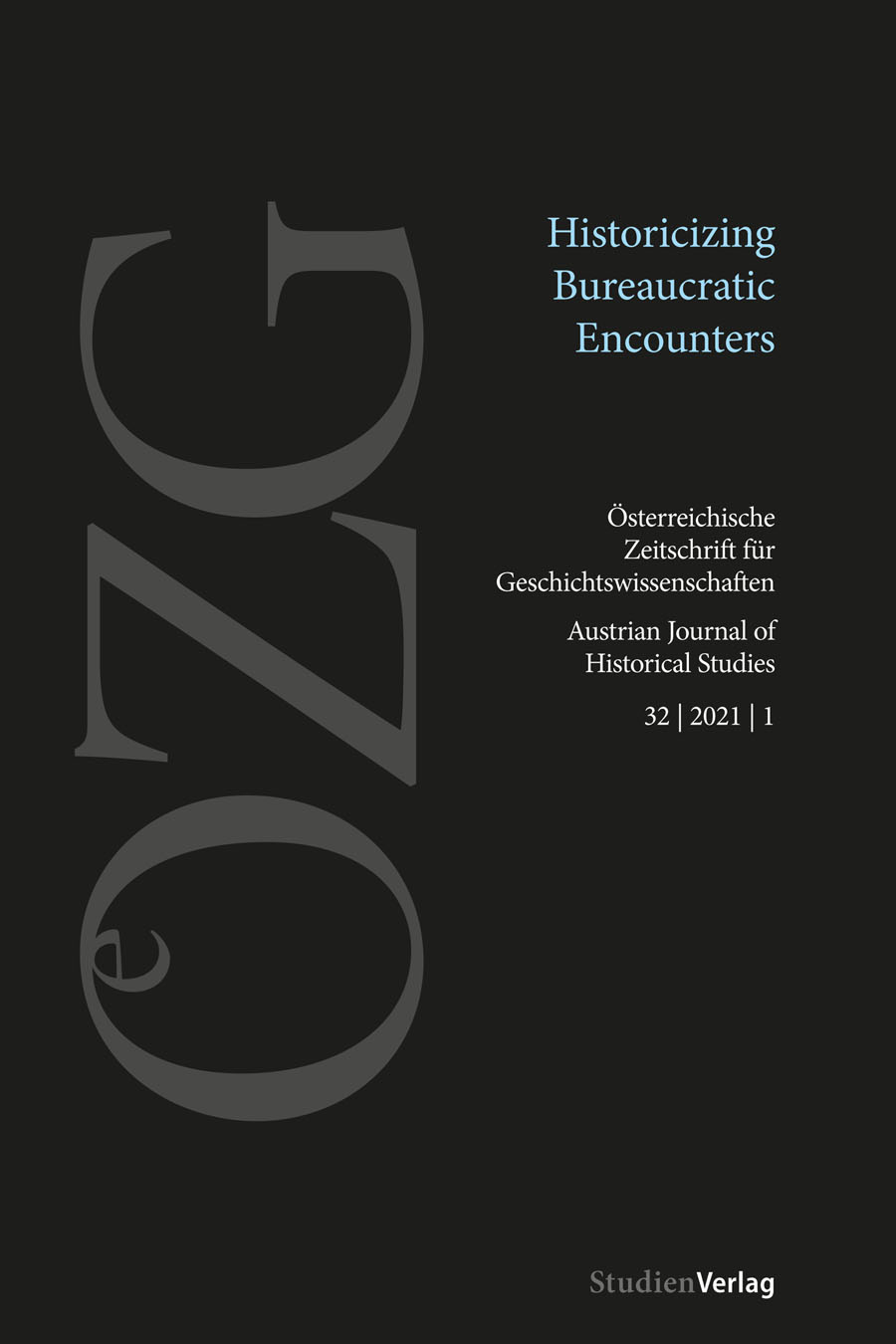Food Sovereignty for Whom?
Food Poverty, Innovative Public Work Projects and the Authoritarian State
DOI:
https://doi.org/10.25365/oezg-2021-32-1-7Schlagworte:
authoritarian state, food poverty, public work, disembedding, postsocialism, rural, capitalism, neoliberalismAbstract
In Hungary, public work-based municipal projects played a major role in handling welfare challenges, such that the rise of a precarious rural underclass posited following the postsocialist disembedding of marginalised rural societies from the economy. Given the conditions of an authoritative populist state, this paper explores, using examples of case studies located in disadvantaged rural municipalities, innovative agrarian public work projects, as expressions of the relative freedom of action of local welfare states. Following the critical thinking inspired by Polányi’s theory (1944), it sheds light on these efforts, from countermovements to the neo-liberal disembedding of the economy from society including theories on food sovereignty movements. Thus, it reflects upon the degree to which these agricultural activities could be seen as part of a broader countermovement to the social disintegration of rural areas that emerged in the context of the transition to capitalism.
Downloads
Veröffentlicht
Zitationsvorschlag
Ausgabe
Rubrik
Lizenz
Copyright (c) 2021 Ildikó Asztalos Morell

Dieses Werk steht unter der Lizenz Creative Commons Namensnennung 4.0 International.


